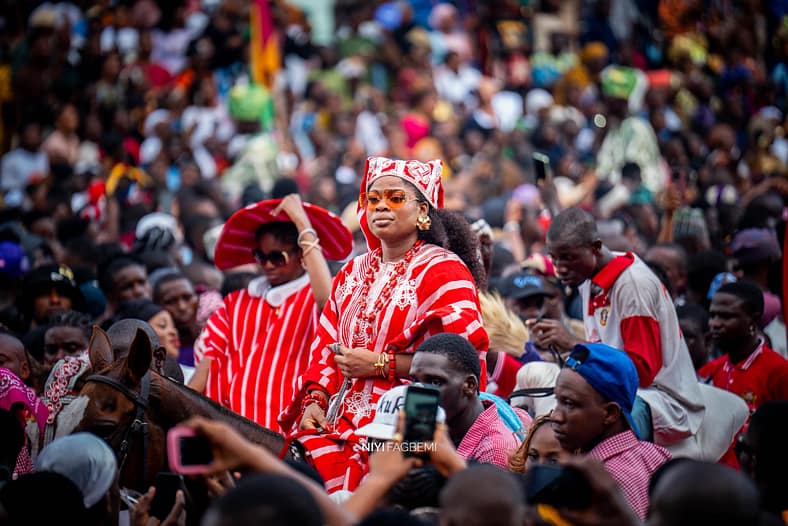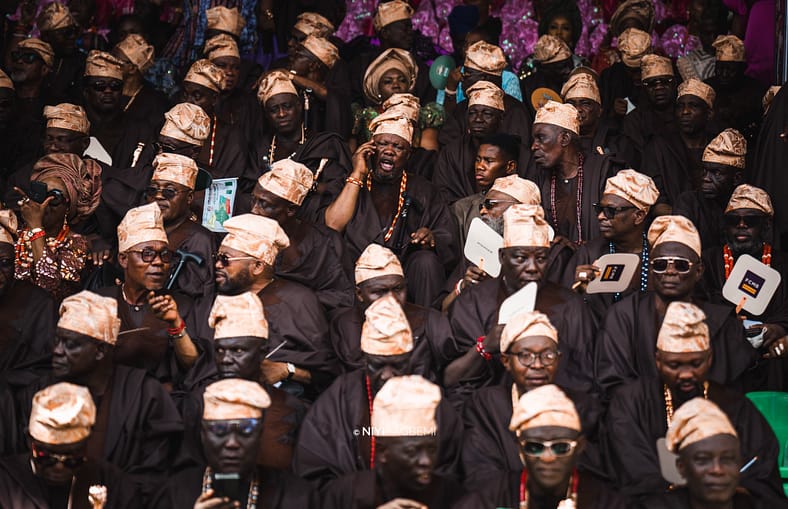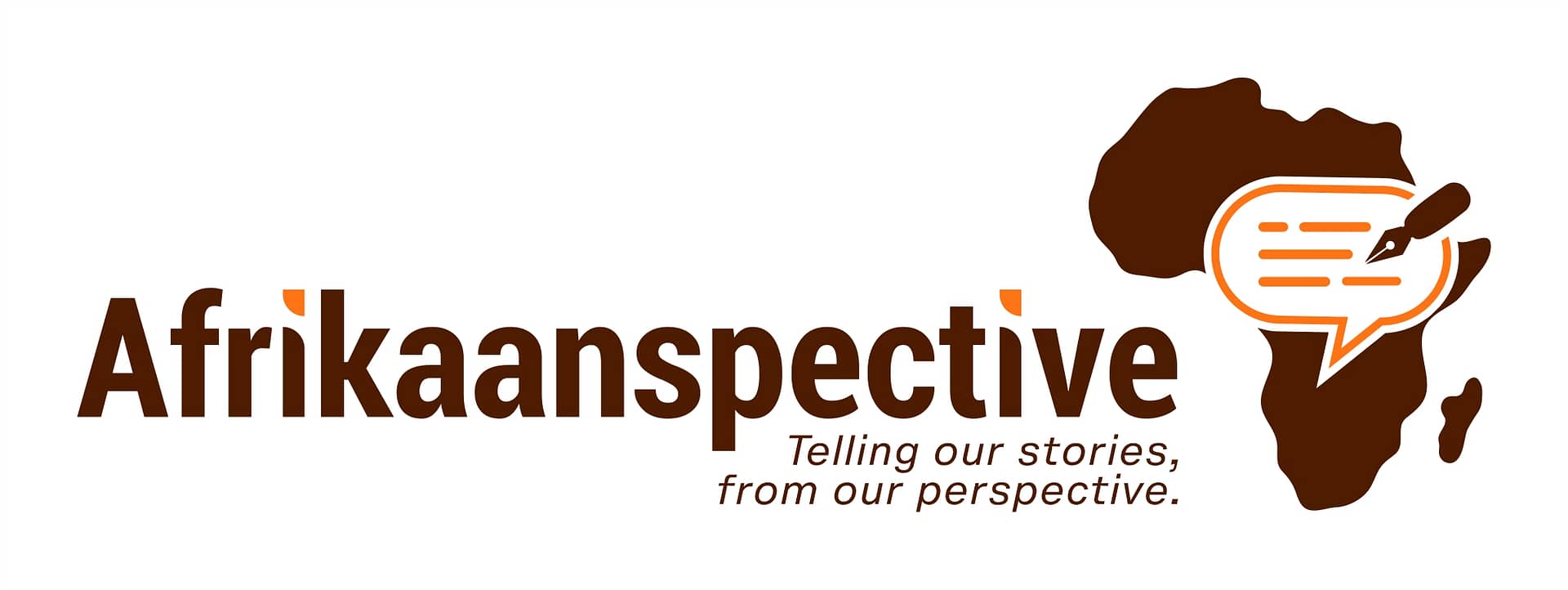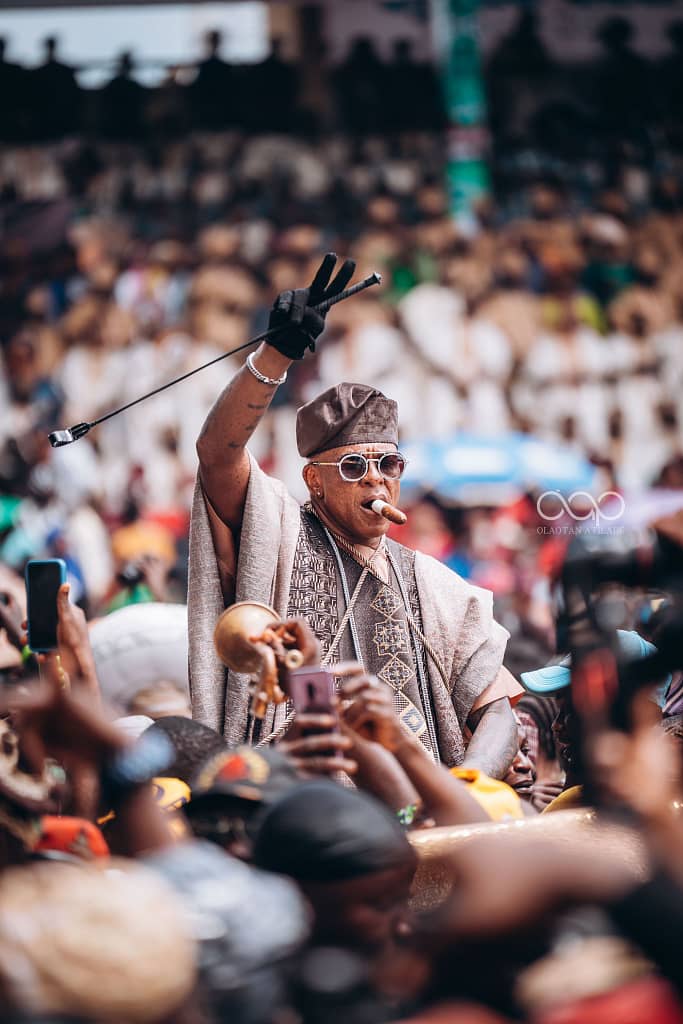Once a year, the heart of Ijebu-Ode beats louder. Not just with drums and cheers, but with centuries of pride, pageantry, and deep cultural reverence. On June 8, 2025, the famed Ojude Oba festival once again turned this quiet city into a living mosaic of Yoruba heritage. For indigenes and visitors alike, it was more than a celebration. It was a bold affirmation of identity.
In Yoruba, Ojude Oba means “the King’s Forecourt.” But to the Ijebu people and their descendants worldwide, it means coming home. It means honouring tradition, unity, and the leadership of the Awujale of Ijebuland, Oba Sikiru Kayode Adetona, one of the most respected monarchs in Nigeria. It is about showing up in your finest aso-oke, riding in with your regberegbe, and telling the world, “This is who we are.”
A Festival Born from Faith, Grown in Unity
Ojude Oba began as a post-Eid homage by Muslim converts in the 19th century. Led by influential figures like Balogun Kuku, these early worshippers came to pay respect to the Awujale. From this gesture of gratitude, a cultural powerhouse was born.
Today, the festival welcomes all. Muslims, Christians, traditionalists, and even curious first-timers from beyond Nigeria’s borders. This inclusivity makes it more than just a Yoruba affair. It is a pan-African celebration of what it means to be rooted and radiant.
The Parade: When History Walks in Colour
At the heart of Ojude Oba are the Regberegbe age-grade groups. Each group represents not just a generation but a community. Clad in fabrics that tell stories; Aso Oke, Adire, Sanyan, Lace, Velvet, they dance, march, and pay homage to the throne. It is not a performance. It is a declaration: We are still here, still strong, still beautiful.
The Balogun horsemen add thunder to the festivities. Riding tall and proud, firing gun salutes in honour of ancestors, they represent the warrior spirit of old Ijebu. A reminder that while the culture is stylish, it is also steeped in courage and legacy.
Culture Meets Celebrity, and the World Watches
Ojude Oba 2025 had its fair share of show-stealing moments. Nollywood’s Lateef Adedimeji graced the parade in royal splendour, while cultural fashion icons like Farooq Oreagba turned tradition into runway magic. Social media lit up with images of flowing agbadas, embellished gele, and smiles that could outshine the sun.
But it wasn’t just about flair. It was also about impact. With over a thousands attendees, the festival brought economic life to Ijebu-Ode. Hotels, vendors, artisans, and local transporters all thrived. And with Globacom marking its 20th year of sponsorship, the corporate world once again stood in solidarity with culture.
A Living Heritage Worth Global Recognition
Discussions are already in motion to nominate Ojude Oba as a UNESCO Intangible Cultural Heritage event. A well-deserved step for a tradition that weaves faith, fashion, and folklore into something unforgettable. The African Union has also taken interest, noting the festival’s growing role as a soft power tool and a unifier across regional divides.
Why Ojude Oba Still Matters
In a fast-paced, globalised world, festivals like Ojude Oba remind us who we are and where we come from. They remind us that identity is not static. It dances, it sings, it rides horses through the streets. It wears gold-trimmed agbadas and still bows deeply in respect. It speaks Yoruba but echoes far beyond Africa.
This year, as the sun set on Ijebu-Ode and the last drums faded into the distance, one thing remained clear. Ojude Oba is not just a date on the calendar. It is a homecoming for the soul.
To witness Ojude Oba is to witness Africa at its most vibrant. Regal, rhythmic, and rooted. From the gates of the Awujale’s palace to every corner of the diaspora, this celebration reminds us that when Africa remembers who she is, the world watches in awe.







1 Comment
Never read something this captivating, i really enjoyed reading this! You captured the energy and beauty of Ojude Oba so well. It’s amazing to see our culture celebrated like this makes me proud .